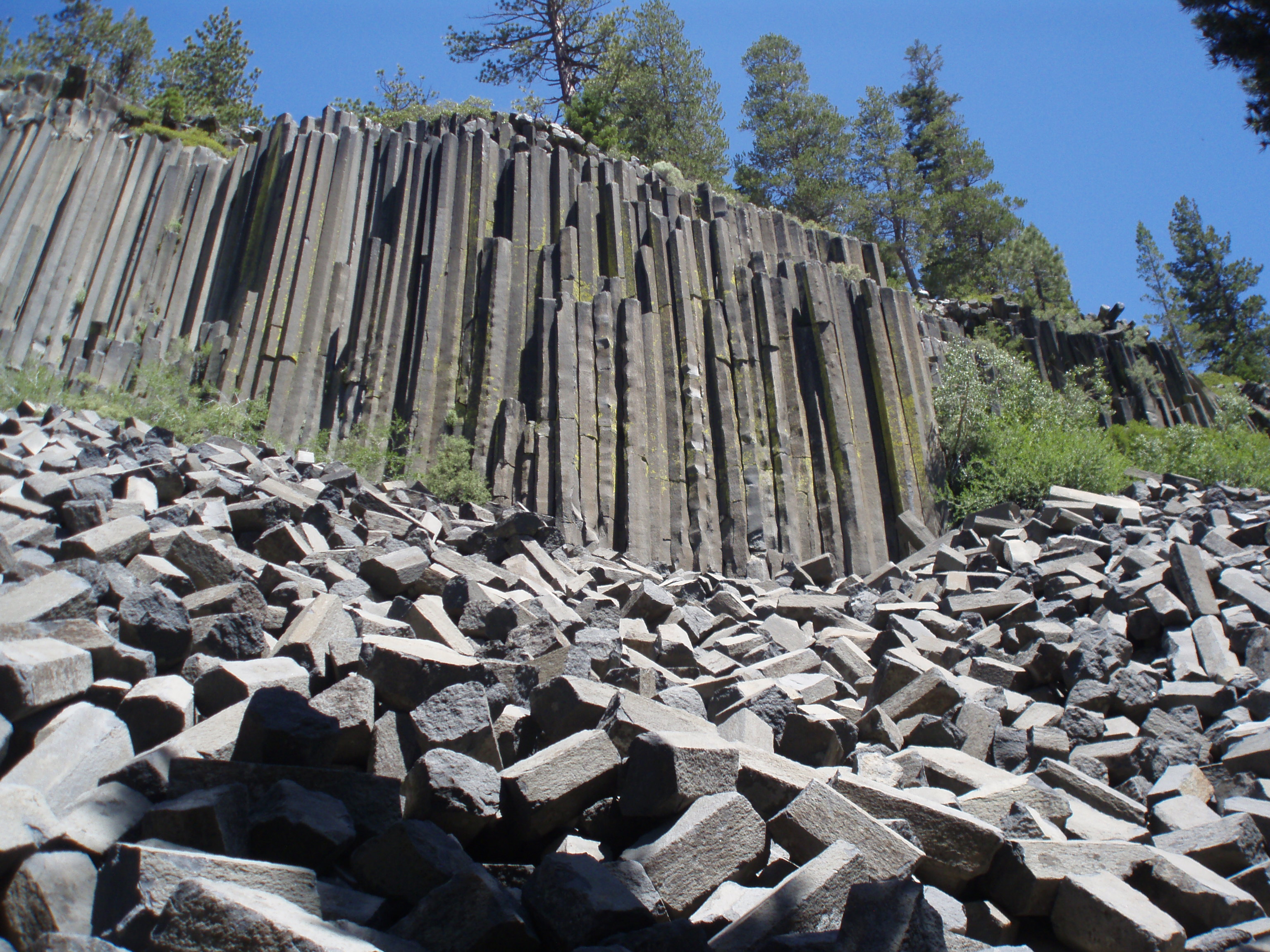 If I see a bright object in the distance, I might only be able to discern that it’s bright and it’s distant. I might not know if it’s real or a mirage. As I approach it, its outlines become clearer, its color becomes clearer, and I can estimate its size in relationship to its surroundings.
If I see a bright object in the distance, I might only be able to discern that it’s bright and it’s distant. I might not know if it’s real or a mirage. As I approach it, its outlines become clearer, its color becomes clearer, and I can estimate its size in relationship to its surroundings.Even closer now, I see that the object is white, nearly a cube, rests on the ground, is about a foot-and-a-half in each dimension. But that’s all I know.
When I’m close enough to touch it, I can feel how rough or smooth it is, whether there are seams or cracks, I can even attempt to lift it to estimate its weight. I now know a lot more than I did several hundred yards ago. But I still don’t know what itis, only what it's description is.
I don’t know what the object is for ... What it's purpose is. I have no idea whether it is natural or manufactured, designed or undesigned, whether the hypothetical manufacturer was fulfilling an intention via the manufacture and placement of the object.
 The object I’m using in this example is a salt lick - it has a designer, manufacturer and a purpose, but I only know that from hearsay, and my experience with other simple objects.
The object I’m using in this example is a salt lick - it has a designer, manufacturer and a purpose, but I only know that from hearsay, and my experience with other simple objects.What if I had been approaching the Devil’s Postpile (image above)? Had I not known in advance that this structure is a natural cleavage occurring in the type of rock at that location in Yosemite, I might have inferred a designer and manufacturer and purpose for these objects.
And I would have been wrong. Without prior knowledge from which I could make an inference, I couldn’t have made an accurate judgement on the Postpile, whereas I could infer what the salt lick was. But I could have incorrectly inferred a design to the Postpile, based on my understanding of a salt lick.
I’d still have been wrong.
Without physical evidence of a designer and manufacturer, I cannot be objective or certain as to what the Postpile is.
This is where evidence is essential. And this implies to me that objectivity requires evidence - somewhere in our chain of reason - to be meaningful.
Pure reason can fail me, as it would have at Yosemite.
No comments:
Post a Comment